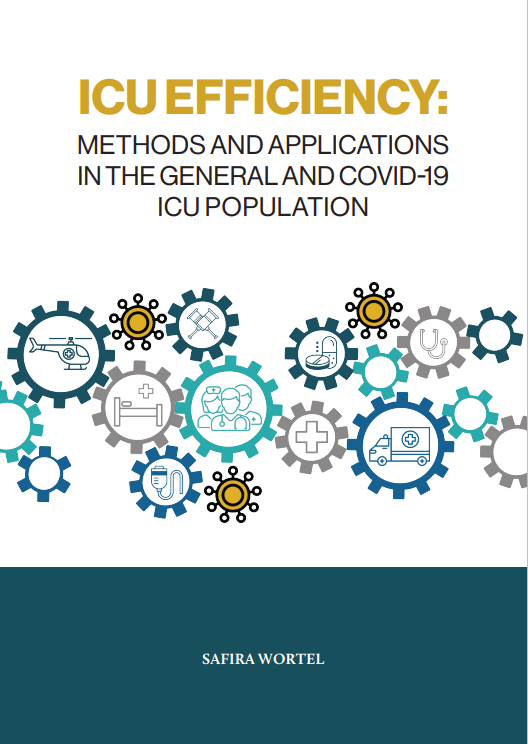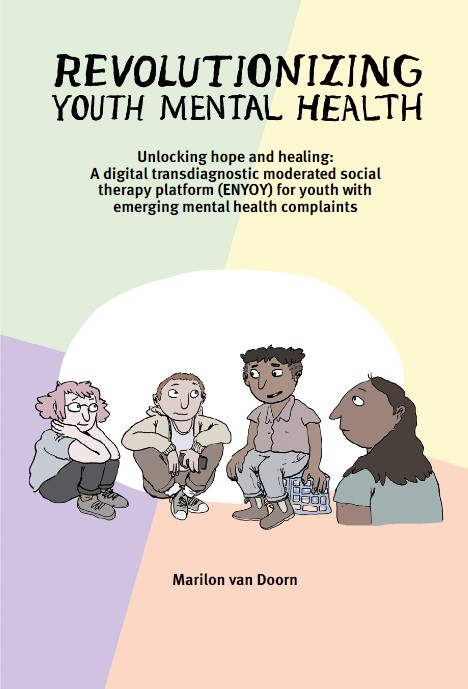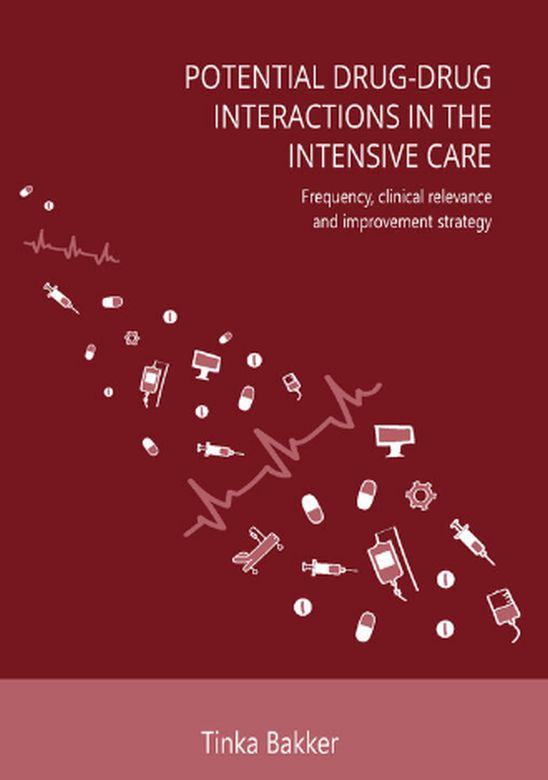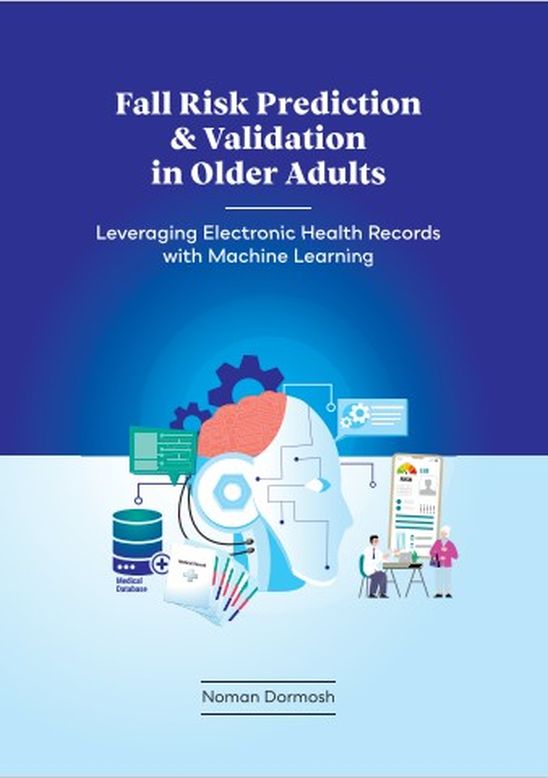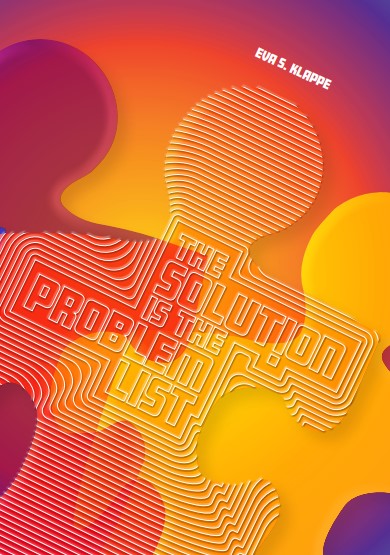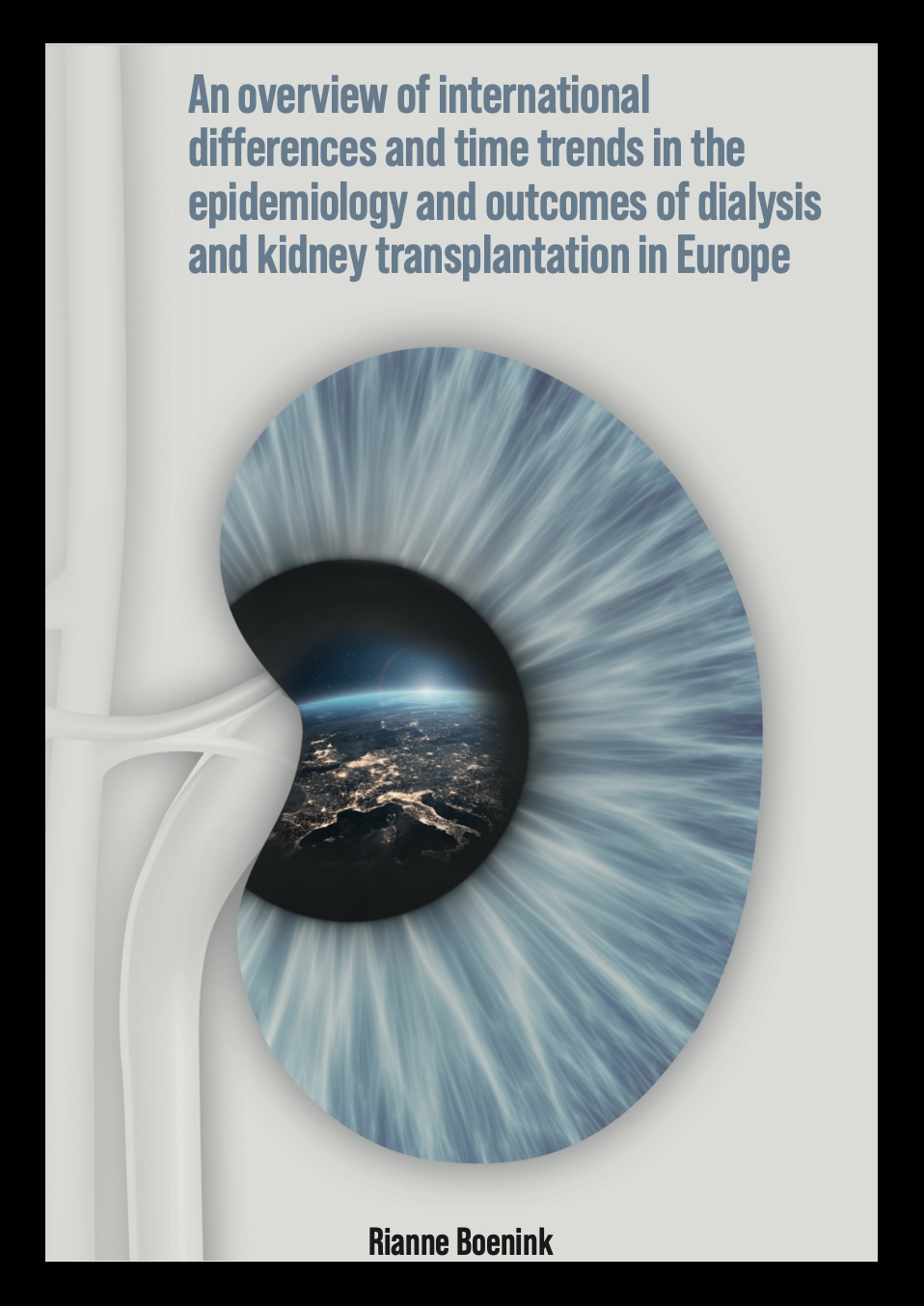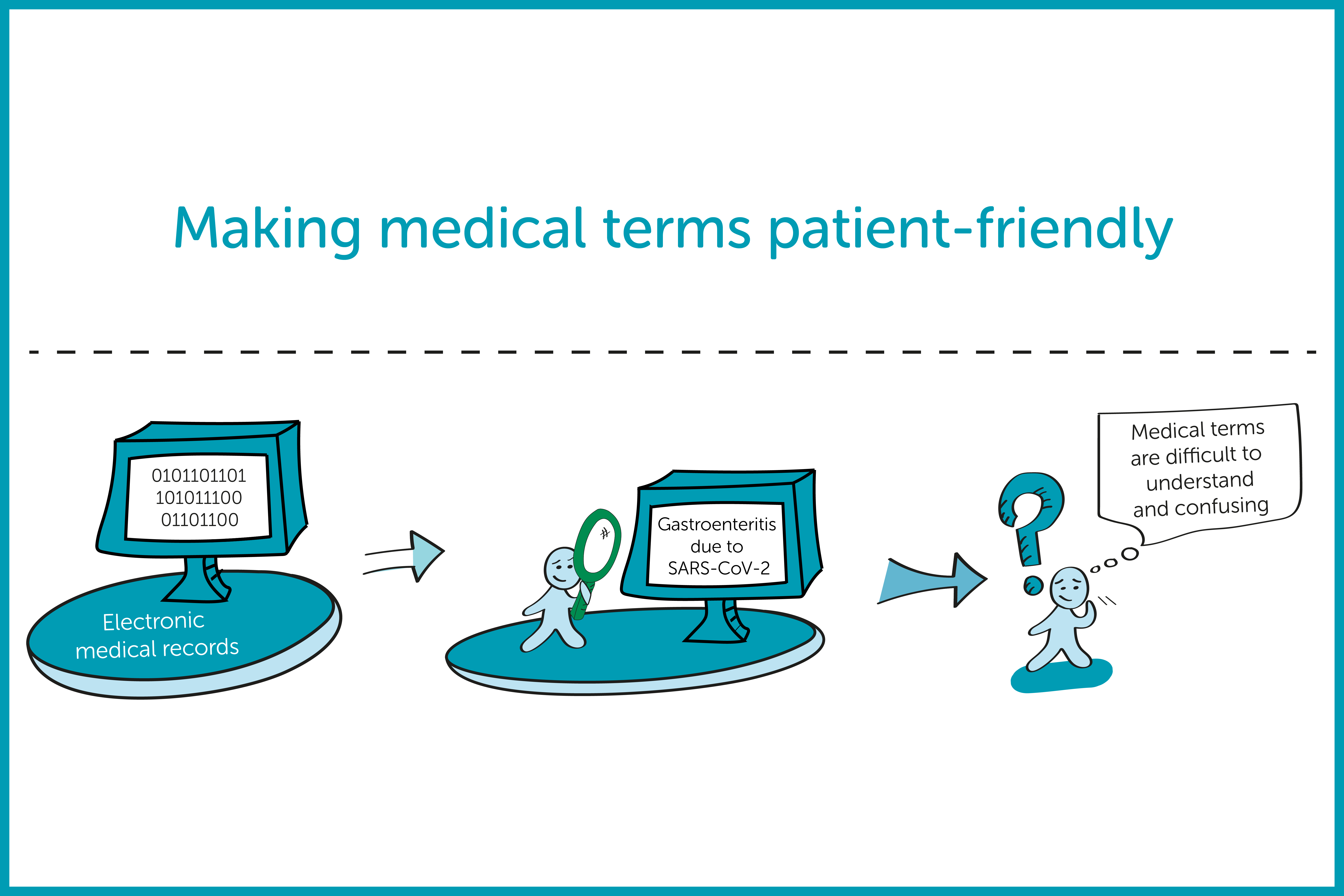1. Latest articles
This study investigates the long-term outcomes of ICU patients with acute decompensated liver cirrhosis or acute-on-chronic liver failure (ACLF). In total, 47% of 3035 patients survived hospitalization, and the overall probability of 1-year transplant-free survival after hospital discharge was 0.61. The ACLF severity at ICU admission did not independently influence post-discharge survival. Click here for more information.
Jubi de Haan, Fabian Temorshuizen et al. DOI: 10.1016/j.jhep.2024.03.004
This study reports mortality rates among patients with COVID-19 during the first wave and compared these rates with the following waves. Using COVID-19 patient data from Dutch Intensive Care Units (ICUs), collected by Stichting Nice, between May 2020 and January 2023, the mortality risks in the initial upsurge of the third wave was similar to the first wave, but mortality rates decreased in later periods. Curious? Click here for more information.
Fabian Termorshuizen et al. DOI: 10.1186/s13613-023-01238-2
In nine Dutch intensive care units, this study assessed the impact of tailoring potential drug-drug interaction (DDI) alerts to the ICU setting. Using a cluster randomised stepped-wedge trial, a customized clinical decision support system (CDSS) only providing alerts for potential DDIs considered as high risk was implemented and evaluated. The study found a 12% decrease in the number of administered high-risk drug combinations, indicating that tailoring alerts to the ICU setting improves CDSS effectiveness and patient safety. Click here for more information.
Tinka Bakker, Joanna Klopotowska et al. DOI: 10.1016/S0140-6736(23)02465-0
This study analyzed the impact of Intensive Care Unit (ICU) resource allocation during the COVID-19 pandemic on a non-COVID-19 cohort (120.393 patients) in Dutch ICUs. Compared to the prepandemic period cohort (164.737 patients), the pandemic cohort had lower number of non-COVID patients (27% lower), fewer medical patients (3% lower), fewer comorbidities (4% lower), more vasoactive medication (6% higher), and a slightly higher case-mix adjusted hospital mortality (odds 1.08). Click here for more information.
Sylvia Brinkman, Nicolette de Keizer et al. DOI: 10.1097/CCM.0000000000006156
This study developed and validated two predictive models to estimate the 30-day mortality for patients with a stroke admitted to intensive care units (ICUs): one model for patients with ischaemic (N=8 422) and one model for patients with haemorrhagic stroke (N=5 881). The 30-day mortality was 27% in the first group and 41% in the second group. Both models showed high discrimination (AUC of 0.85) and good calibration. Click here for more information.
Fabian Termorshuizen et al. DOI: 10.1097/EJA.0000000000001920
All articles of Medical Informatics
2. PhD theses
The latest PhD theses of our department.
3. Research in the spotlight
Making medical terms patient-friendly
Interview with Hugo van Mens researcher on Reusable Health Data
4. Broodje MedInfo (Sandwich MedInfo)
🍞 Are you interested in or working on a data-driven (research) project in healthcare? And would you like to know more about best practices for your project? Then broodje MedInfo is for you!
This online event includes research results, tips for your own data project and time for questions.
Ronald Cornet presented in the first edition, in Dutch, the importance of the FAIR (Findable, Accessible, Interoperable, Reusable) Principles and how you can apply them in projects. Look here for the tips from the Q&A.
5. Podcast Health Informatics (in Dutch)
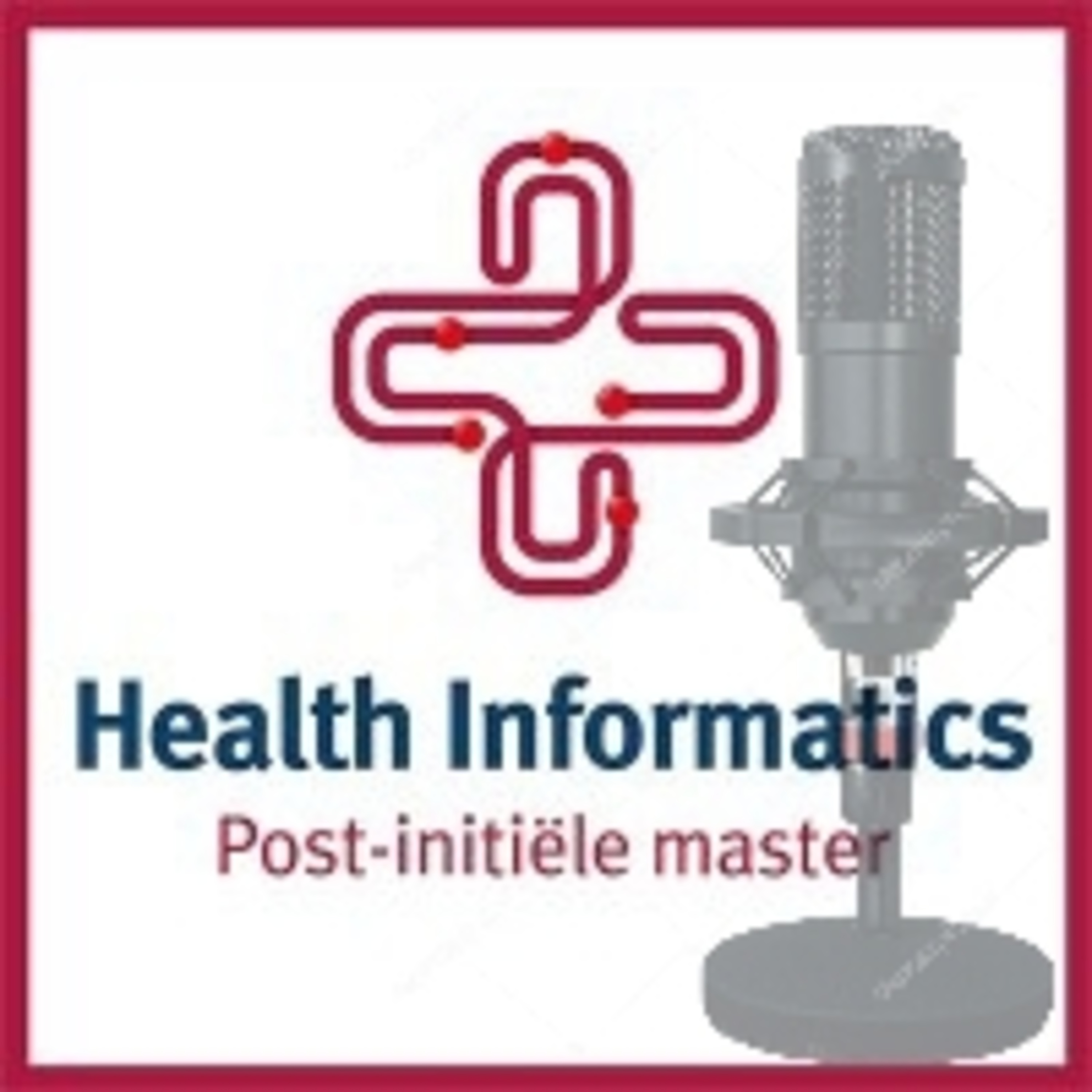
6. Technical reports
Check here for all our technical reports!
